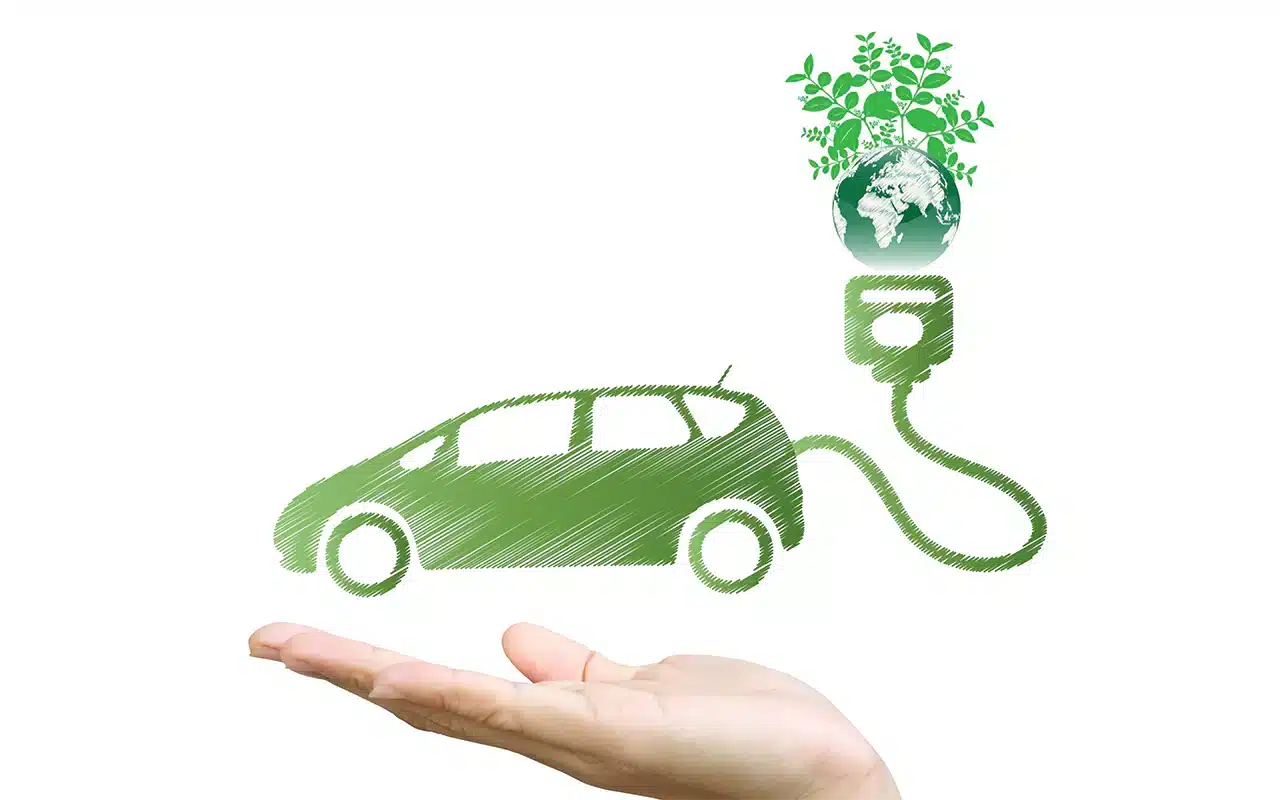Through Resolution No. 103 of October 28, 2019, the Cabinet Council approved the National Electric Mobility Strategy. Then, through Resolution No. 93 of November 24, 2020, the Cabinet Council approved the Strategic Guidelines of the Energy Transition Agenda 2020-2030, which includes the Electric Mobility Strategy to reduce dependence on the import of fossil fuels, contributing to the health of the population and the environment.
The above initiatives led to Law No. 295 of April 25, 2022, “which encourages electric mobility in ground transport,” which will begin to apply as of January 1, 2023.
To achieve the objectives of reducing dependence on fossil fuel imports and reducing greenhouse gases, Law No. 295 states that the national government’s autonomous and semi-autonomous public institutions must replace their vehicle fleets so that they have a minimum percentage of electric vehicles of 10% for 2025, 25% for 2027 and 40% for 2030.
In turn, the Transit and Ground Transportation Authority must establish a process to replace mass transport fleets and public collective and selective transport certificates so that fleets have a minimum percentage of electric vehicles of 10% by 2025, 20% for 2027, and 33% for 2030.
Law No. 295 also establishes that municipalities must manage the exemption from paying vehicle license plate procedures for five years (5) for electric vehicles.
In addition, Law No. 295 establishes the exemption of the selective consumption tax for electric vehicles until December 31, 2030.
According to Law No. 295, residential and commercial real estate projects will establish the conditions to enable electrical wiring outlets to charge electric vehicles. Therefore, the new projects will include charging stations for electric cars in their construction plans, which will be part of the requirements for the issuance of building permits.
This new regulation seeks to increase the number of charging stations for electric vehicles; it establishes that the distribution companies will be able to set up charging stations within their concession area and provide the charging service for electric vehicles. To increase the number of charging stations for electric cars, Law No. 295 even allows end-customers of electric distribution companies to provide electric vehicle charging service, having the right to resell the electricity they acquire from electric distribution companies, which the National Public Services Authority will regulate.
With this new legislation, Panama takes a big step forward in contributing to reducing its carbon footprint and creating a healthier environment through electric mobility.
Read more articles here


